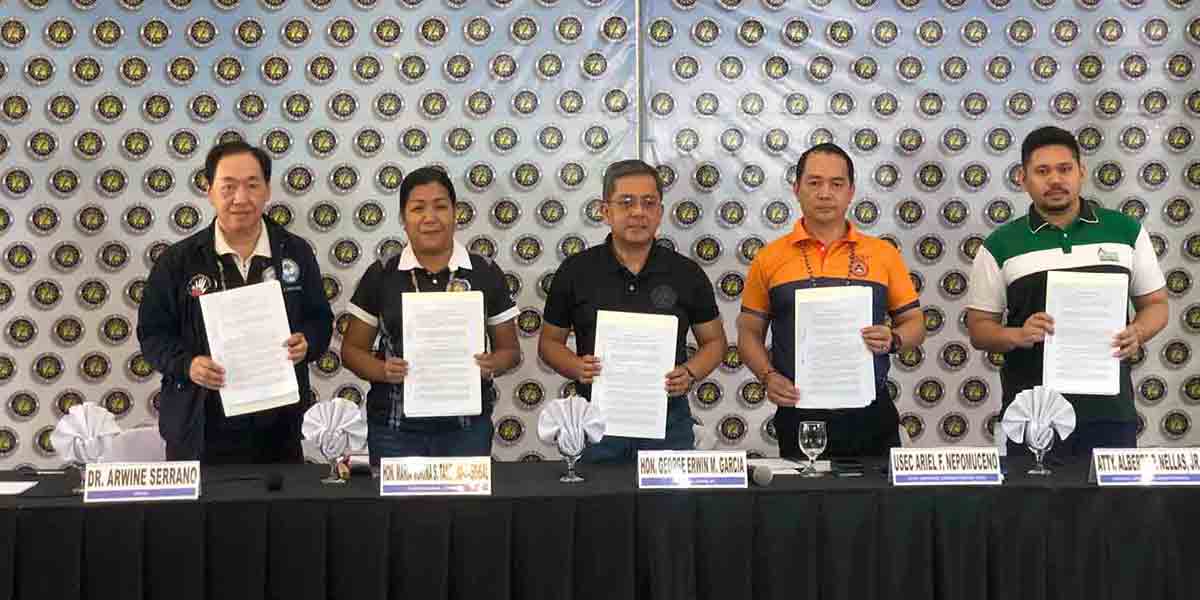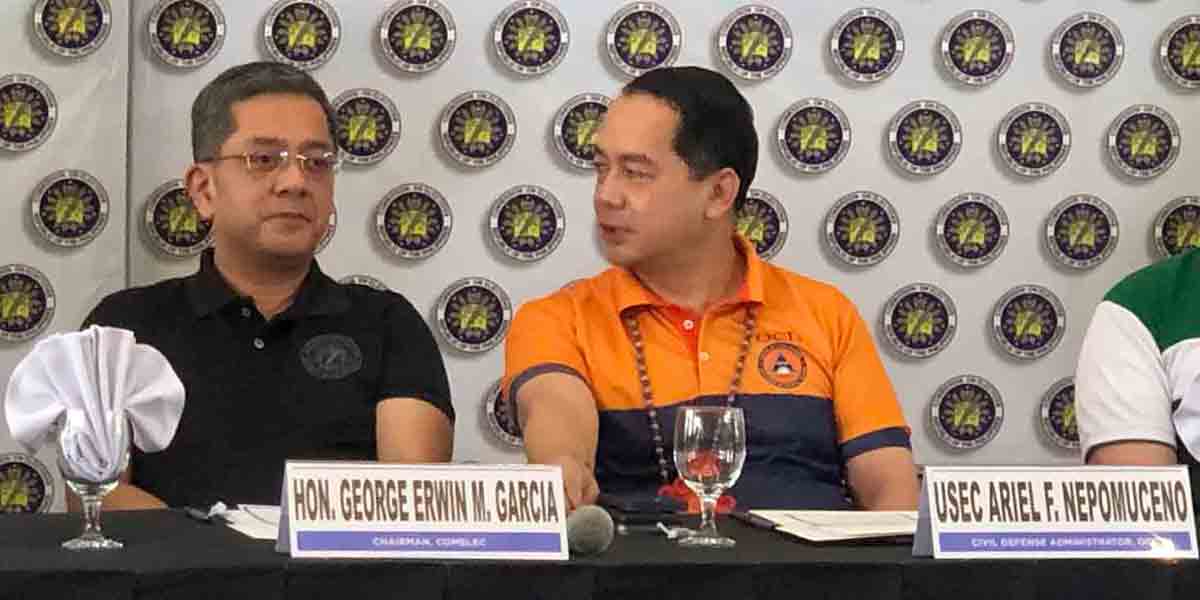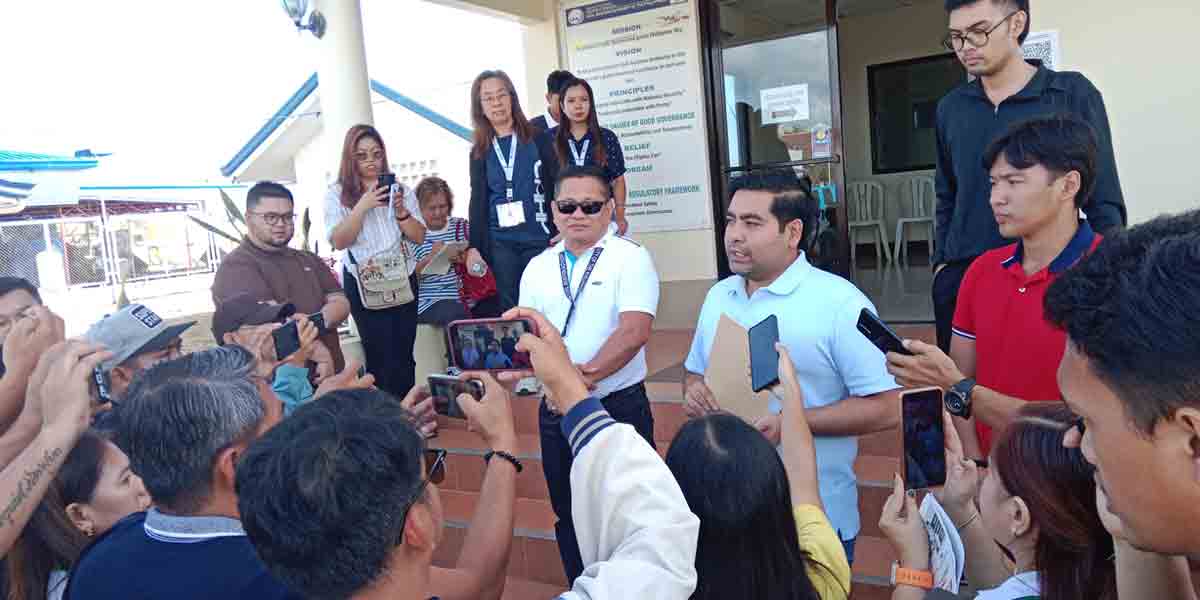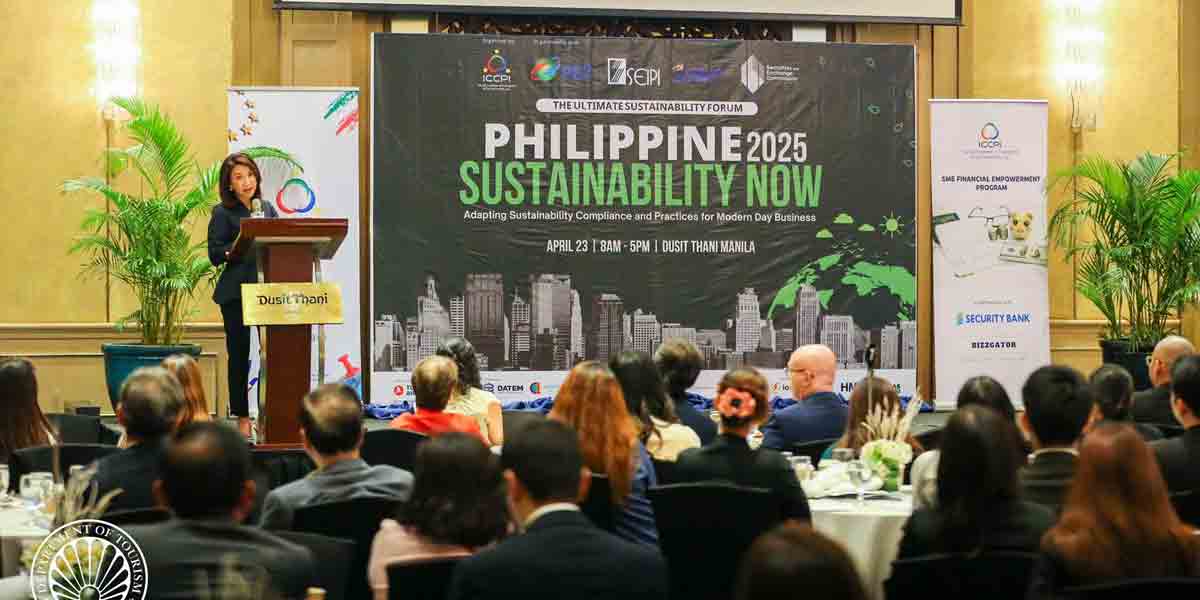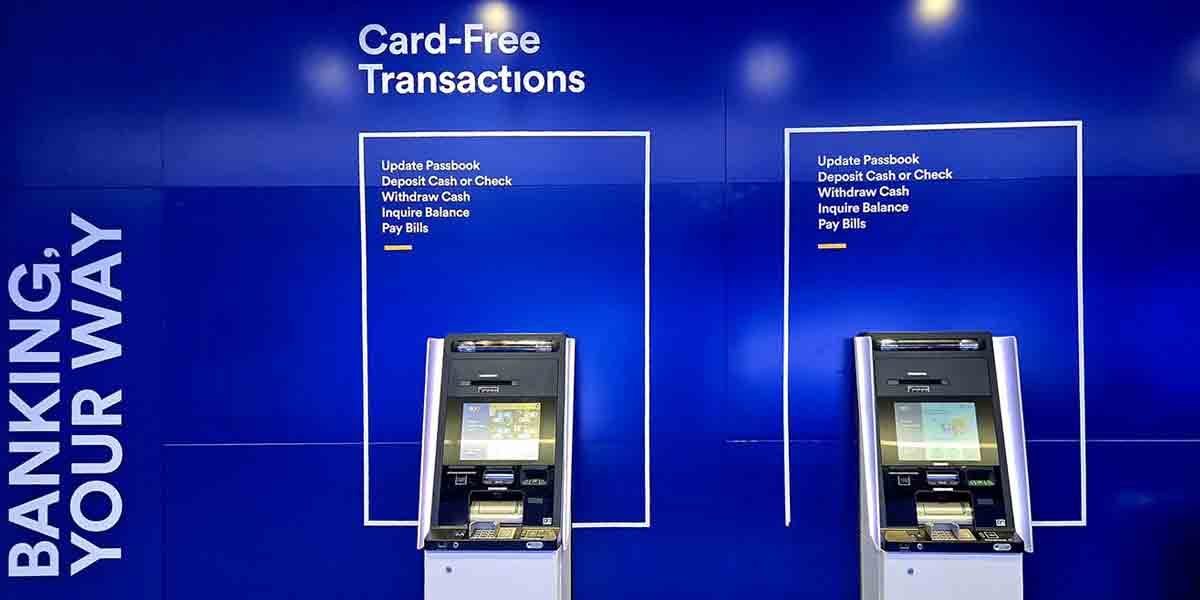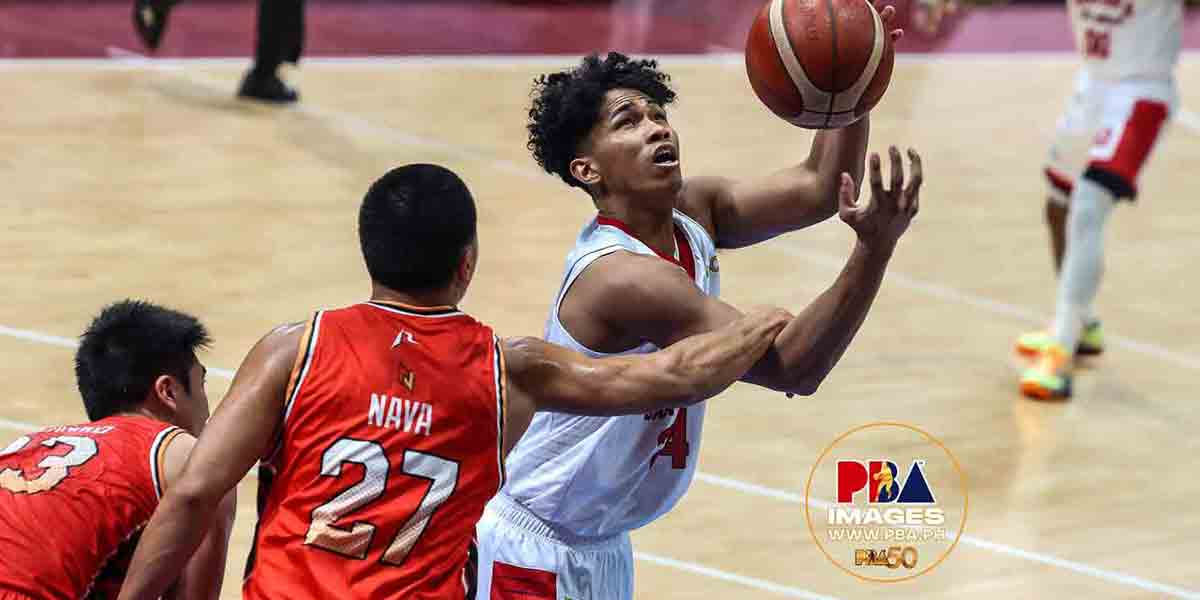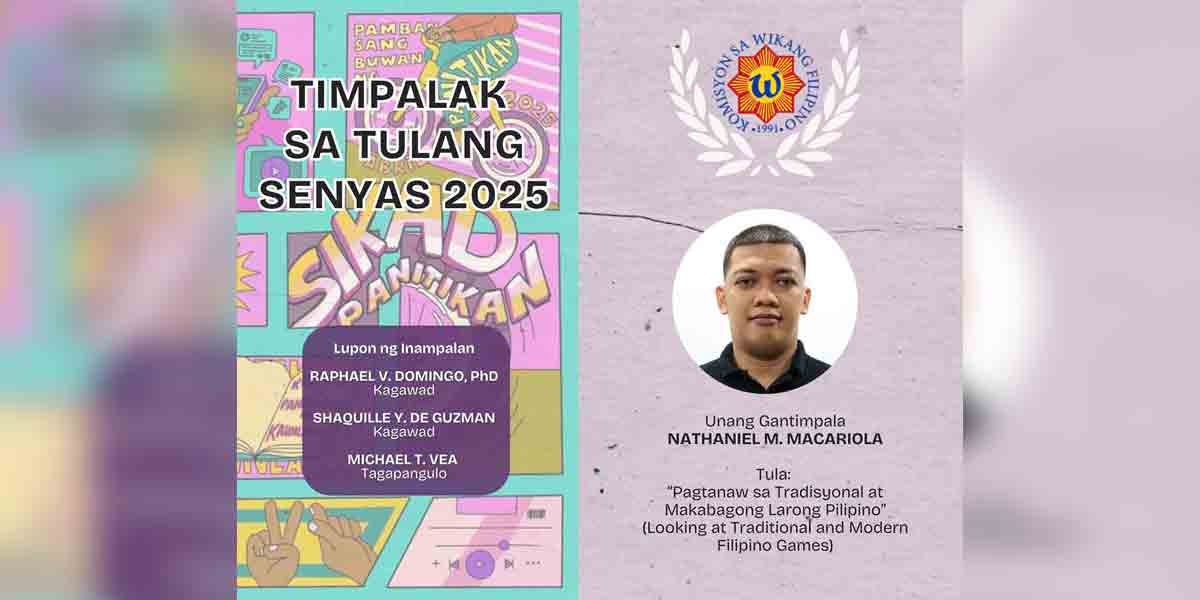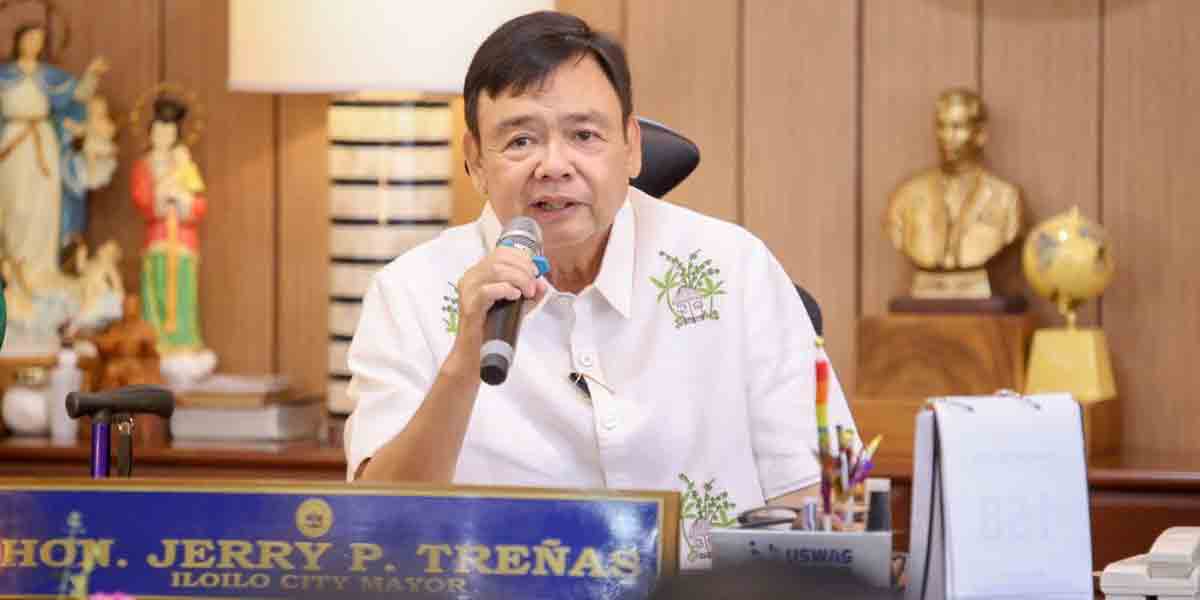By Ny Sensei Adorador
Each April, senior high school students under the Department of Education (DepEd) complete their final year with a mix of pride and anticipation. For many, this marks the end of their basic education and the beginning of new pathways—whether in higher education or the labor force. This year’s cohort of senior high school completers now joins the electorate, as many of them turn 18 in time for the upcoming May 12 elections. Their inclusion significantly expands the number of young voters in the electorate. However, this demographic shift provokes a critical question: Are we, as a nation, capable of electing competent leaders?
The Discrepancy Between Mock Polls and National Surveys
Within university settings, pre-election mock polls have become a tradition. Interestingly, the results from these student-led exercises often sharply contrast with those of national surveys. University students consistently favor candidates with strong educational backgrounds, clear platforms for social justice, and unblemished records in public service. When I ask my students what qualities they value in a senator, they mention accountability, advocacy for marginalized sectors, intellectual integrity, and a principled stance on social issues. They reject candidates linked to show business, political dynasties, and former administrations accused of corruption. In discussions, students cite Risa Hontiveros as an example of effective legislative work, while Vico Sotto emerges as a model for executive leadership at the local level. This preference mirrors the student council elections within universities, where qualifications, experience, and leadership track records are scrutinized during debates and “miting de avance” events. Clearly, students are capable of discerning effective leadership—at least within the academic environment.
What Explains the Disconnect?
Given this clarity of judgment among the youth in university settings, why do national election results often reflect otherwise? Why do the same students who choose progressive and competent leaders in mock polls fail to translate these ideals into actual votes? Several social factors offer insight. First, familial authority plays a substantial role in shaping political decisions. I recall my niece sharing that she initially wanted to vote for Leni Robredo but ultimately voted for Ferdinand “Bongbong” Marcos Jr. after being pressured by her mother. This dynamic of obedience to parental authority is common, especially among first-time voters who seek to avoid familial conflict. Second, religious institutions often wield political influence. Some Christian denominations encourage their congregants to support candidates who appear in surveys or are deemed “God’s chosen,” reinforcing a culture of deference rather than critical evaluation. Additionally, family’s dependent on political patronage—such as those with members employed by local politicians or government offices—tend to support administration-endorsed candidates, thereby transmitting these preferences to their children.
Social media, too, plays a detrimental role. Misinformation, political trolling, and propaganda saturate digital spaces, creating an environment where fanaticism can overshadow reasoned political engagement. Youth, though digitally literate, are not always equipped to navigate this terrain critically. As a result, they may suppress their individual political judgments in favor of socially acceptable or popular choices.
The Limits of University Learning
Universities are ideally spaces for intellectual freedom and democratic discourse. They serve as modern-day agoras where issues are debated, dissent is protected, and critical thinking is nurtured. However, this vision is increasingly under threat. Critical perspectives are frequently labeled as subversive, and activism is demonized as radicalism. Students are often rewarded more for compliance than for independent thought. Grades become the primary markers of success, and with academic validation increasingly tied to docility, many students opt for safety and silence over dissent and critical engagement.
Moreover, while participation in mobilizations can lead to political awakening, such activism is frequently short-lived. Parental disapproval, religious prohibitions, or even the pursuit of online clout can dampen a student’s commitment to civic causes. This reflects a broader issue: the disconnect between the ideals upheld within academic settings and the realities of political decision-making in society.
A Long Game Toward Democratic Maturity
This dissonance suggests a larger cultural challenge. Even students who display political discernment within the university struggle to assert these values in broader contexts due to external pressures and internal hesitations. Their civic identity often remains compartmentalized within institutional spaces, rather than being embodied in everyday political decisions. The challenge, then, is not simply to educate, but to empower. Universities must go beyond classroom instruction and actively foster civic courage. This includes equipping students with tools to combat misinformation, promoting spaces for open political discourse, and challenging the societal norms that equate obedience with intelligence. In the long game of democratic transformation, it is not enough to hope that the youth will eventually lead us toward better governance. We must actively cultivate their agency and conviction. The youth are not only the hope of the nation—they are also participants in its current reality. If their insights remain trapped within the university walls, we risk repeating cycles of poor electoral choices. Breaking this cycle requires intentional, sustained efforts from educators, institutions, families, and communities alike.


